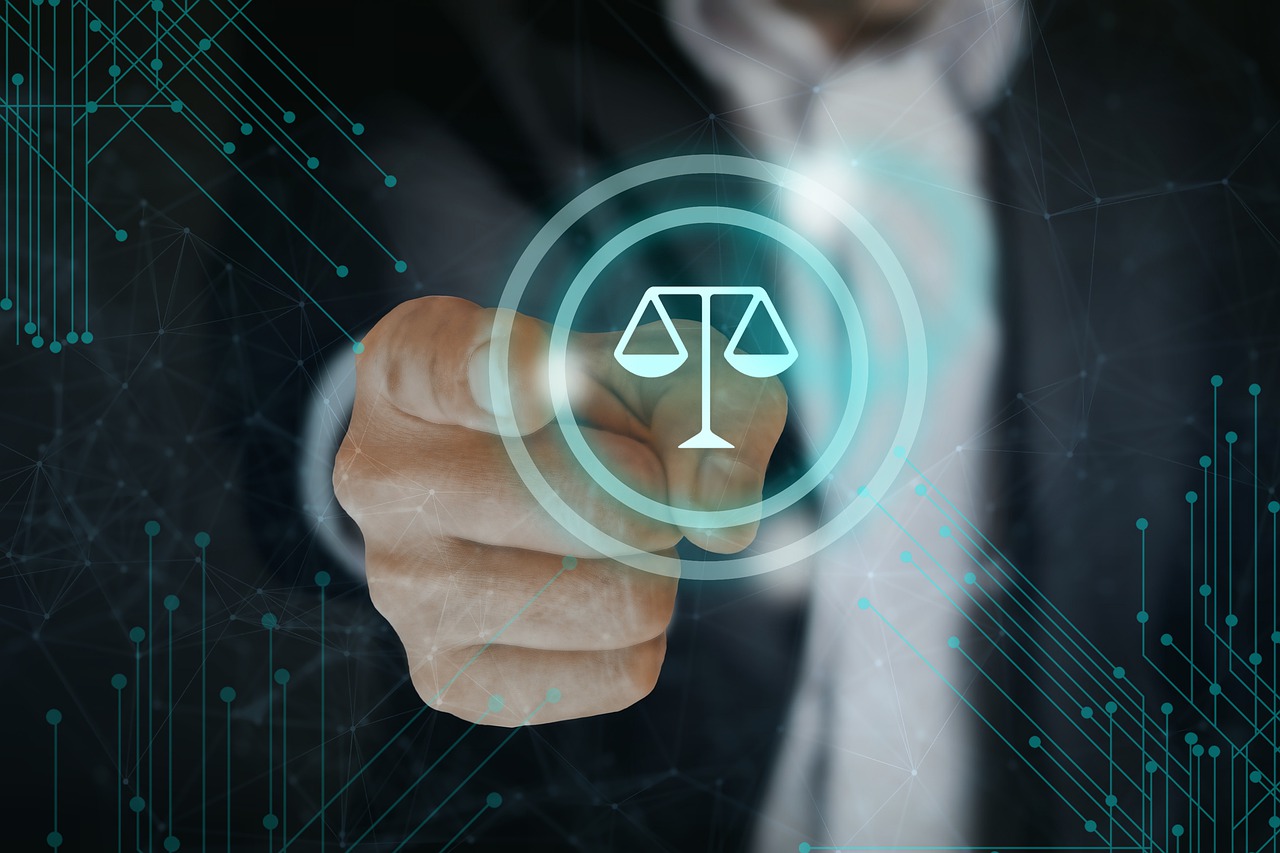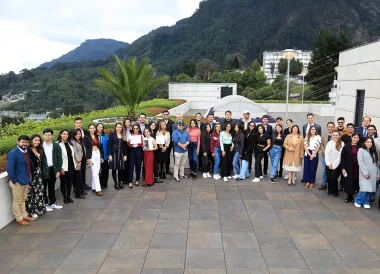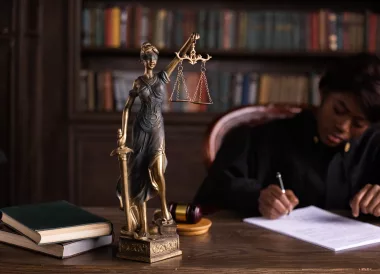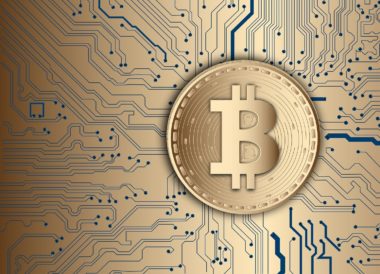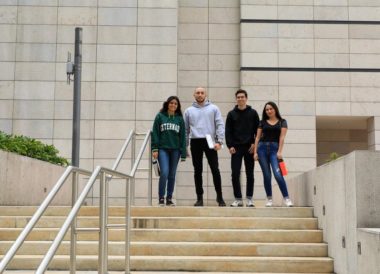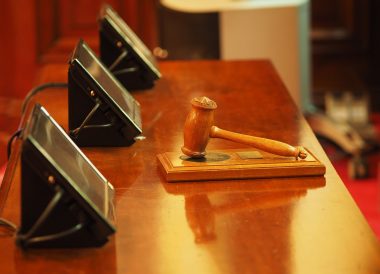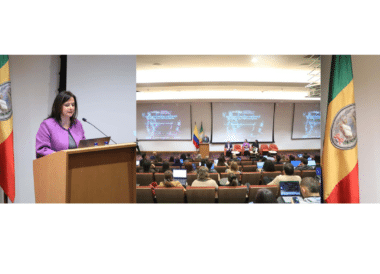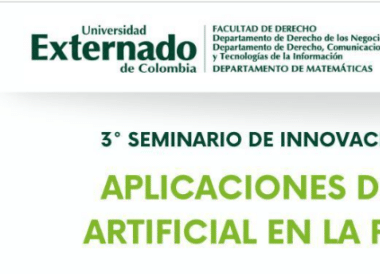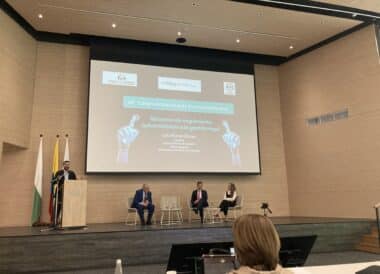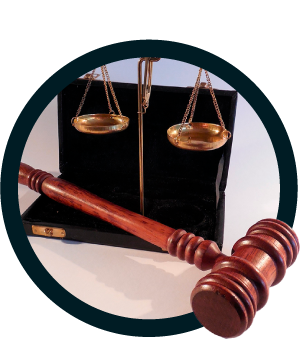2 de mayo de 2022
Law and Technology: Bridges and Walls
The relationship between law and technology is not easy since both disciplines have different epistemological bases, different languages and different practical applications. Perhaps one of the main unresolved problems is whether technology should be approached from public or private law. In general, the wide scope of the use of technology means that on some occasions the general interest prevails and in other cases private autonomy must prevail.
Lawyers and engineers do not always have fluid dialogues when it comes to solving joint problems or adopting business strategies or understanding in coherent ways the application of the law or the drafting of a contract with technological content. Beyond a discussion about the interpretation of the language used by lawyers and technicians, the law is a normative phenomenon while the information that is the object of analysis systems is a fact, it is objective, it should not be in a certain way but simply it is so.
Columbia University professor Glenn Hubbard has used the metaphor of bridges and walls in political science and international relations in his latest book[1]. I am going to use these images (bridges and walls) to propose some research hypotheses regarding the relationship between law and technology.
1. BRIDGES
Law has become an enabler of digital business. From the Internet to Artificial Intelligence, laws seek to fulfill its function of supporting the use of technology by businesses, individuals and civil society in general. The extraordinary influence of the digital in today’s society is based on fundamental values that the law has built in modern societies such as freedom of expression, contractual autonomy and the exchange of goods and services in the markets.
Here are some examples:
1.1 The principles of interpretation of electronic commerce have made it possible to complement the traditional principles of commercial law. The scope of the digital evidence is explained through the principle of functional equivalence that allows the validity of electronic documents with the fulfillment of minimum requirements.There is a bridge between the interpretation of a traditional document and the equivalence in legal functions (authenticity and integrity, for example) of data messages.
1.2 The practical application of artificial intelligence brings with it a series of questions and concerns to the extent that many of its characteristics resemble those of human beings.The law establishes bridges so that there are ethical principles that encompass business models and in general the application of artificial intelligence in everyday life. These principles under construction at the national and international level aim to mitigate the risks associated, for example, with algorithm biases.
1.3 Model laws, international conventions as well as guidelines on topics as diverse as intellectual property in the digital age or cybersecurity are bridges to unite traditional or new legal categories created by the irruption of cyberspace with traditional and disruptive technologies.Model laws, for example, from a practical point of view, are based on the unification and harmonization of legal categories that are opposed, contrary or at least not compatible at first sight.
2. WALLS
- State regulations can sometimes prohibit digital businesses. In the case of platforms, some laws prevent the activities of electronic platforms from being carried out, considering that they affect the interests of other individuals or other businesses. A paradigmatic case has been that of platforms related to mobility. These new businesses have not been able to exploit their full potential in many countries due to complete or partial bans on their activities.
- The law can be used as an instrument to prohibit the flow of technological information. For example, for reasons of national security or public interest, the import or export of technology has been prohibited (a paradigmatic case was cryptography in the United States during a certain period of the history of that security technology). Likewise, for political reasons, for example, sanctions or retaliation in the event of trade wars or military wars can prohibit the use of technology originating from a certain country or companies linked to a certain country.
- Cryptocurrencies have been somewhat demonized by most states. Currency control has been one of the prerogatives of modern states and cryptocurrencies constitute a threat to that monopoly. Many of the regulations have been prohibitive of the use of cryptocurrencies, ignoring their usefulness and technological progress and rather privileging, for example, the risk of using cryptocurrencies for criminal activities.
3. CONCLUSIONS
To sum up,
a. With the consolidation of disruptive technologies affecting practically any economic activity, it becomes even more important to reconstruct the history of the relationship between law and technology.
b. Both subjects are fundamental for economic and social development in this century as well as for achieving greater prosperity and well-being.
c. The law has built bridges and also walls against the valid and legal use of technology. It is necessary to unravel the interests at stake, the justification and the suitability of establishing norms, regulations whether they are enabling or prohibitive.
d. Technology is one of the key market drivers and it can be a force that increases competition and the efficiency of the markets, but it is also possible that the abuse of power related to technology is an obstacle for the appearance of new competitors.
e. Technology is an adequate and suitable scenario to exponentially increase the guarantee and full exercise of human rights. Technology can be libertarian. However, the abuse of technology can contribute to undermining the exercise of fundamental rights, which makes it necessary for the law to fulfill its function, sometimes establishing bridges or sometimes walls.
[1] The Wall and the Bridge: Fear and Opportunity in Disruption’s Wake, Yale University Press, 2022
Artículos Recientes
¡Ya está disponible el caso! Segunda versión del Concurso Laboratorio de Estrategia Legal #LSL
Invitamos a los estudiantes de pregrado y postgrado de todas las carreras a presentar [...]
Masterclass Legal Operations: Transformando la Función Legal Empresarial de Guardián de Riesgos a Creador de Valor.
El Departamento de Derecho de los Negocios y la Facultad de Administración de Empresas [...]
Conclusión del Proceso de Reforma al Investor-State Dispute Settlement
En la semana del 12 de julio de 2023, durante la sesión anual de [...]
El Departamento de Derecho de los Negocios de la Universidad Externado de Colombia abre convocatoria para la vacante de Asistente de Investigación
¡Sé parte de nuestro equipo de trabajo! Perfil del cargo: Asistente de Investigación Apoyar [...]
Docente del Departamento de Derecho de los Negocios participó en el libro Blanco de la Asociación de Derecho Internacional
La Asociación de Derecho Internacional (ADI), una de la organizaciones más antiguas y prestigiosas [...]
CRYPTO IN COLOMBIA: PROSPECTIVE 2022
By: Daniel Peña Valenzuela The volatility of the main cryptocurrencies seems to be once [...]
Convocatoria de Monitores.
El Departamento de Derecho de los Negocios se complace en anunciar la apertura para [...]
¿Se avecina una regulación de la Franquicia por parte del Gobierno? ¿O lo impedirá la Corte Constitucional?
Por: Juan Miguel Álvarez* y Diana Marcela Araujo* En diciembre del 2020, el congreso [...]
Ciclo de seminarios de Innovaciones en Justicia Digital: un espacio desde la academia que replantea el futuro del sistema de justicia.
El Seminario en Innovaciones en Justicia Digital es un evento de la Universidad Externado [...]
Rostros de mentira: Retos legales producidos por las ‘Deepfakes’
Palabras clave: Deepfake, IA, contenidos audiovisuales, redes generativas adversarias, derecho probatorio, intimidad personal. Una [...]
Memorias: Tercer seminario de innovaciones en la justicia digital- aplicaciones de la inteligencia artificial en la práctica judicial.
El pasado 19 de septiembre de 2024, las instalaciones de la Universidad Externado fueron [...]
Celebramos la realización del 40º Congreso Nacional de Derecho Comercial: Novedades y retos de la contratación mercantil y del arbitraje comercial
El pasado 30 de octubre, en Medellín, se celebró el 40º Congreso Nacional de [...]


